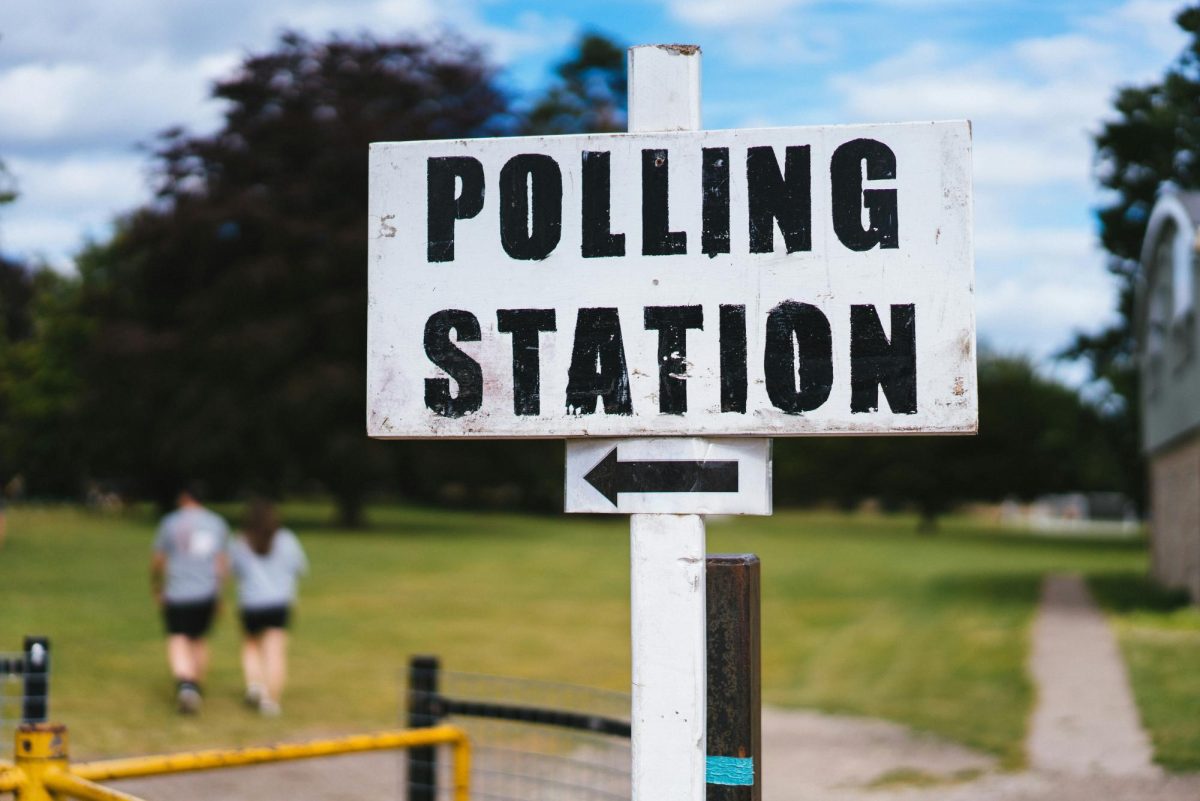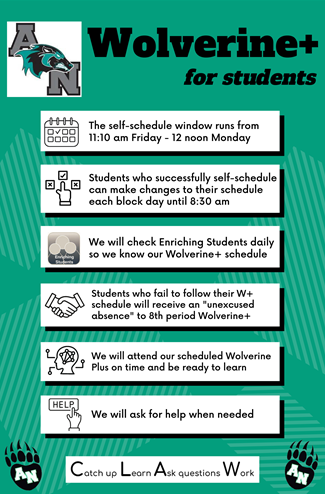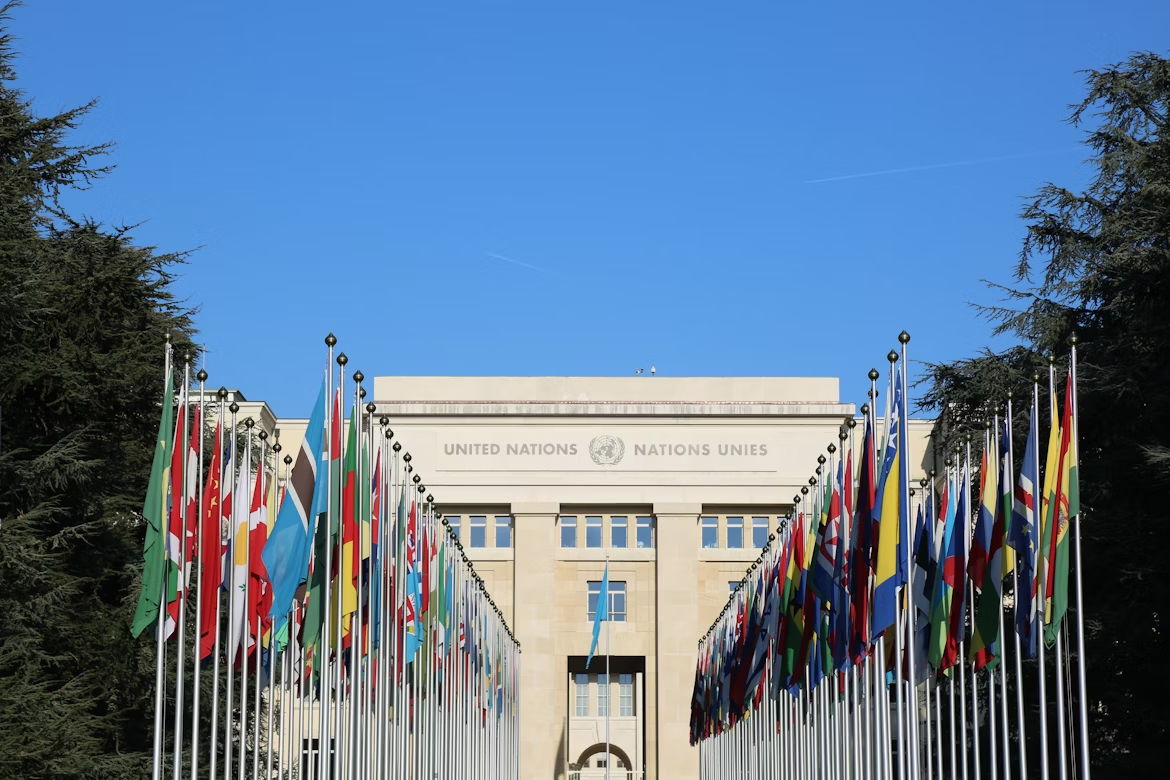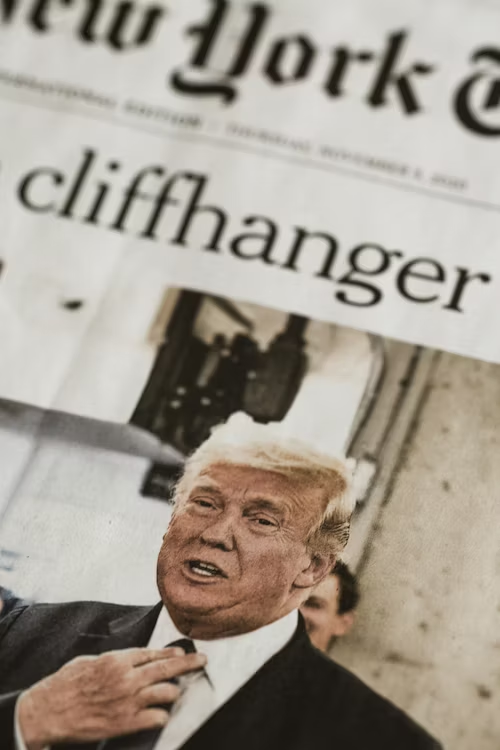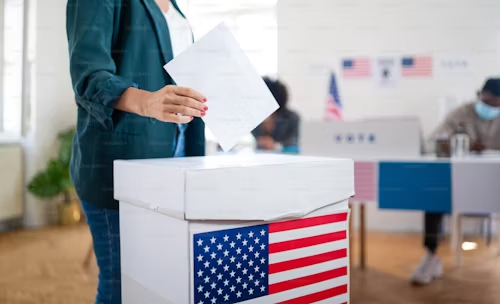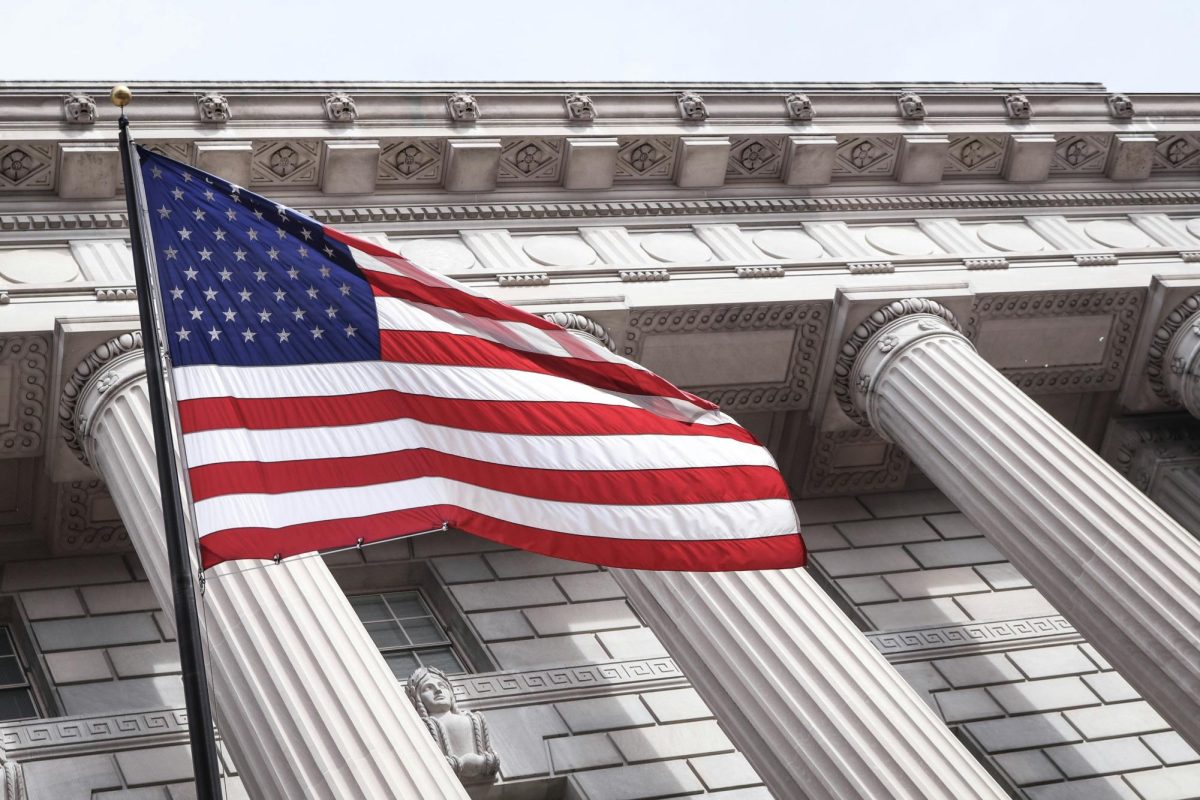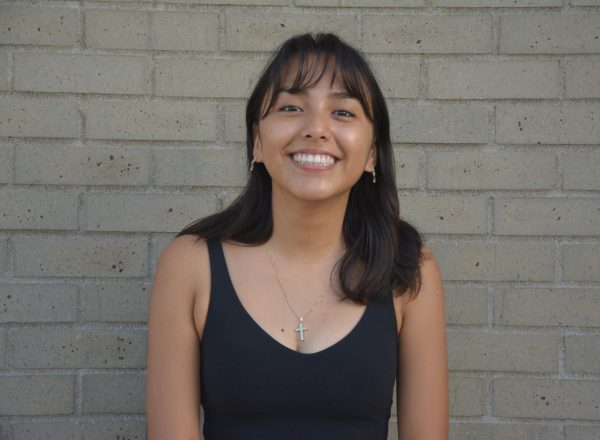California voters will be deciding the fate of 10 new propositions on this year’s ballot.
Proposition 2 would provide 8.5 billion dollars to K-12 schools and 1.5 billion dollars to community colleges to fix and renovate their campuses.
Opponents of Proposition 2 say that the state should include school repairs in their regular budget, rather than take more money from taxpayers. Supporters of Proposition 2 say that lower-income areas need the money because they have no other way of paying for these improvements.
Proposition 3 would preserve the right for same-sex couples to marry. This would annul Proposition 8, passed in 2008, which banned same-sex marriage. While it has been considered void since the U.S. Supreme Court made same-sex marriage legal in California in 2013 and in the U.S. in 2015, it is still in the books.
Opponents say it is unnecessary and “threatens our shared values of healthy families, healthy children, and a healthy society.” Supporters say that the measure is timely due to the recent overturning of Roe V. Wade in 2022, making it necessary as a just-in-case protection of same-sex marriage.
Proposition 4 would borrow 10 million dollars to respond to climate change. Opponents say that some of this money could go towards unproven technologies and California should find ways to pay for these problems without taking on more debt. Supporters argue that California urgently needs the money due to the increasing wildfires, water pollution and intense heat.
Proposition 5 would make it easier for local governments to borrow money to fund affordable housing construction and infrastructure projects. It would lower the necessary voter approval from two-thirds to 55 percent. Opponents argue that property owners typically pay for this borrowed money through higher taxes, making it unpopular among property owners. Supporters say that if a majority of voters want their government to borrow money, they should be able to.
Proposition 6 would prohibit forced labor in prisons as punishment for inmates. State prisons would set up a volunteer work program so that inmates could shorten their sentences through credits. There is no official argument against the measure. Supporters of Proposition 6 say that it is inhumane to force inmates to work for little to no pay.
Proposition 32 would raise the minimum wage from 16 dollars to 18 dollars an hour starting January 2025. Opponents of the measure, business owners, say that businesses should also receive some sort of benefit, as they would have to accommodate this pay increase to their employees. Supporters say that the money would help families afford basic necessities.
Proposition 33 would allow cities to control rents on any type of housing. Landlords would no longer be able to set their own rental rates on homes made after 1995.
Opponents of the proposition say that property values would drop and prices would increase in existing rental units. California voters have denied this measure twice in the past. Supporters argue that the rent is too high and many people are struggling to pay their rent and stay housed.
Proposition 34 would require certain California healthcare providers to spend at least 98 percent of prescription drug revenue on “direct patient care.” Opponents say that the measure is illegal and even if it does pass, it will likely end up back in court.
Supporters argue that this measure would stop Weinstein, the President of the Los Angeles-based AIDS Healthcare Foundation, from using the funds for his political projects.
Proposition 35 would require California to spend the money from tax on health care plans on Medi-Cal. The money would go towards various divisions of care.
There isn’t an officially established opposition group, but Governor Gavin Newsom is said to oppose the measure. Supporters argue that the tax revenue should be put towards new investments in Medi-Cal rather than to the state’s general funds.
Proposition 36 would increase penalties for theft and drug trafficking. Opponents say that no studies show that harsher punishment prevents crime or homelessness. Supporters argue that an increase in drug penalties would force people off the street and into the proper treatment.
These propositions will continue to circulate until they are voted on in November.
